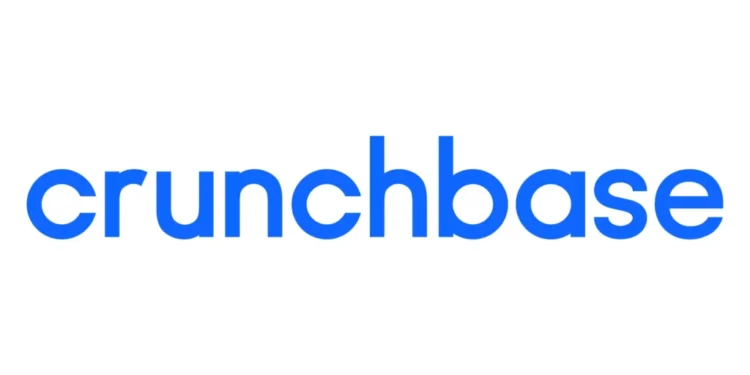A group of elite private companies worth $5 billion+ is changing how venture capital works. These “ultra-unicorns” now control more than half of all private market value and funding, even though they make up only 13% of all unicorn companies.
Of nearly 1,600 companies on the Crunchbase Unicorn Board, just 211 companies valued at $5 billion or more hold $3.5 trillion of the total $6 trillion in combined value. They also raised half of the $1 trillion in total funding that went to all unicorn companies.
Record Breaking Growth in 2025
This year has seen fast growth in the ultra-unicorn club. Already, 17 companies have joined the $5 billion group in just the first half of 2025. This pace puts the year on track to beat the 19 companies that joined in all of 2024.
The biggest story is the money flowing to these top companies. In 2025, ultra-unicorns have raised close to $79 billion so far. But most of this money went to just two companies in what became the largest private funding rounds ever recorded.
OpenAI raised $40 billion in a round led by SoftBank, reaching a $300 billion valuation. Scale AI raised $14.3 billion from Meta. Together, these two deals made up 73% of all ultra-unicorn funding this year.
AI Companies Lead the Pack
Artificial intelligence companies dominate the new ultra-unicorn class. Thinking Machines Lab, started by former OpenAI CTO Mira Murati, raised $2 billion at a $10 billion value in what became the largest seed round ever recorded.
Other new members include AI note-taking company Abridge, AI enterprise search company Glean, and legal AI startup Harvey. The trend shows investors betting big on AI technology across different business areas.
Anthropic raised $3.5 billion in March 2025, bringing its total funding to $18.2 billion and pushing its valuation to $61.5 billion. Safe Superintelligence reached a $32 billion valuation, showing continued investor interest in AI safety companies.
The Biggest Names Keep Growing
Traditional tech giants in the private market continue to reach new heights. SpaceX executed a $1.25 billion share buyback at $185 per share, pushing its valuation to $350 billion. This makes Elon Musk’s aerospace company one of the most valuable private companies ever.
Stripe maintains its position as a top fintech company with a $65 billion valuation. Databricks raised $10 billion in December 2024, reaching a $62 billion valuation as demand for AI data analytics grows.
Global Distribution Shows US Dominance
The United States leads with 101 companies valued at $5 billion or more. China follows with 36 companies, India has 19, and the United Kingdom has 11. This distribution shows how the US private market continues to attract the most capital and create the highest valuations.
Most of these ultra-unicorns were founded between 2011 and 2018, making them between 7 and 14 years old. This suggests it takes significant time to build companies that reach these massive valuations.
Market Timing and Valuations
The timing of recent valuations reveals important trends. About 30% of ultra-unicorns received their current valuations in the past two years. However, 106 companies were last valued during the peak market of 2021 and 2022, when money was cheap and valuations were high.
These older valuations might not hold up as market conditions change. Companies valued more recently tend to have more realistic prices that reflect current market conditions.
Exit Activity Remains Slow
Despite the high valuations, exits remain limited. In 2024, only nine companies valued at $5 billion or more left the unicorn board through IPOs or acquisitions. This year, five companies have exited so far, including Chime, CoreWeave, and Wiz.
The slow exit pace means more companies stay private longer, building up what experts call a “unicorn backlog.” This creates pressure on the private market to find new ways to provide liquidity to investors and employees.
What This Means for Venture Capital
The rise of ultra-unicorns changes how venture capital works. These companies need much larger funding rounds, which means only the biggest venture firms can lead deals. This concentration of capital in fewer, larger companies affects where money goes across the startup ecosystem.
According to EY data, VC-backed companies raised over $80 billion in Q1 2025, nearly 30% more than Q4 2024. However, much of this increase came from a few very large deals rather than broad-based growth.
The trend toward ultra-unicorns also means earlier-stage startups face more competition for investor attention and capital. While mega-rounds grab headlines, smaller companies may find it harder to raise money as investors focus on the biggest opportunities.














